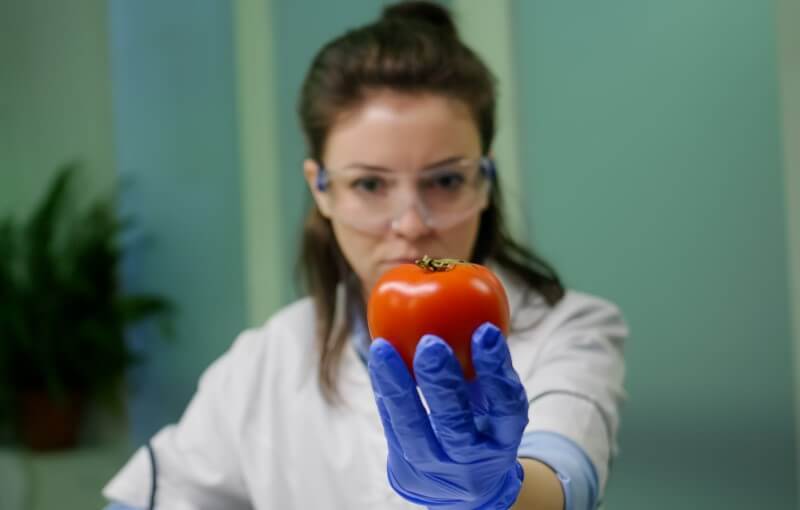Food Safety Regulations

Food safety is a critical aspect in the commercial kitchen setting and food processing facility. It is rather important to enforce food safety regulation on food operation rather than facing any issue or challenges. The food authorities enforce strict guidelines to ensure food in handled, processed and stored safely. One of the key components of compliance is ensuring that all equipment meet food safety regulations.
Here’s how food businesses can maintain regulatory compliance and guarantee food safety.
Understanding Equipment Standards
The food authorities have set minimal and maximum equipment standards for all equipment. The require is set to minimize contamination, risks and ensure sanitary food production. Food processing equipment must be constructed with non-toxic, non-absorbent and corrosion resistant materials like stainless steel. Additionally, all surfaces that come into contact with food should be smooth and easy to clean, preventing bacterial build-up and cross contamination. Proper design is crucial. Equipment shouldn’t have any crack, sharp corners or hidden areas that can harbor debris or bacteria.
Selecting Approve Equipment
When purchasing new equipment, businesses should look for approved models. These are designed with hygiene and safety in mind. Often featuring removable parts for thorough cleaning. It is also important to ensure that the equipment is suitable for specific food processing needs, whether its meat grinders, slicers, refrigeration, choppers or baggy box units. Consulting with approved authorities and working with certified suppliers for the business is required.
Regular Cleaning and Maintenance
Compliance doesn’t stop at selecting the right equipment. It must be able to properly maintained as well. Regular cleaning schedules should be implemented to prevent it from potential risks and contamination growth. Equipment should be disassembled when necessary and sanitized with cleaning agents. Routine inspections can be identify for wear and tear that may compromise food safety, ensuring any issues are addressed.
Temperature Control and Food Storage
The Food Authorities mandates strict temperature regulations to prevent bacterial growth. Refrigeration units must maintain proper temperatures, and thermometers should be regularly calibrated to ensure accuracy. Storage areas must also be organized to prevent cross-contamination, with raw and cooked foods kept separately. Following these protocols ensures that food remains safe for consumption.
Employee Training and Compliance Monitoring
Ensuring food safety is a team effort. Employees should be trained in proper food handling techniques, equipment usage, and sanitation practices. Regular audits and compliance checks help maintain standards and identify areas for improvement. Keeping records of cleaning schedules, temperature logs, and equipment maintenance can demonstrate compliance during Food Authorities inspections.
Meet with Requirement from Authority
Meeting food safety standards requires a proactive approach. By selecting approved equipment, implementing regular maintenance, maintaining proper storage conditions, and ensuring employee training, businesses can safeguard their operations against contamination risks. Staying up to date with Authority regulations and conducting routine inspections will help maintain compliance, protect public health, and enhance the reputation of any food business.
